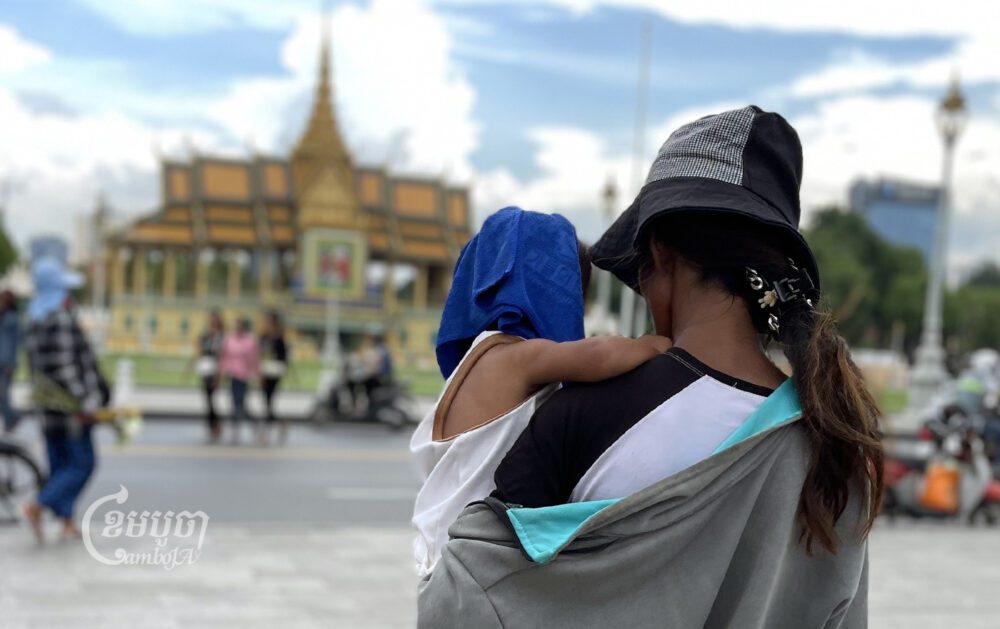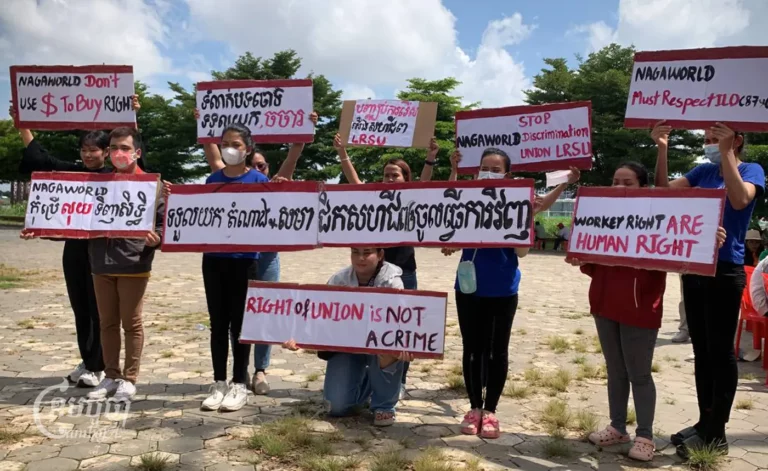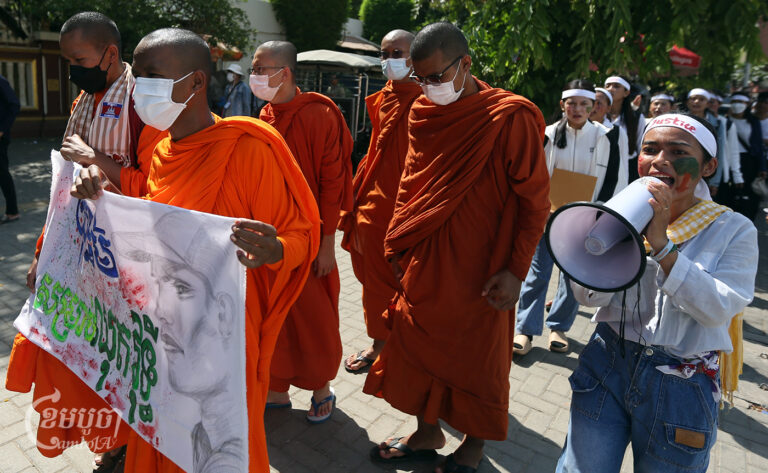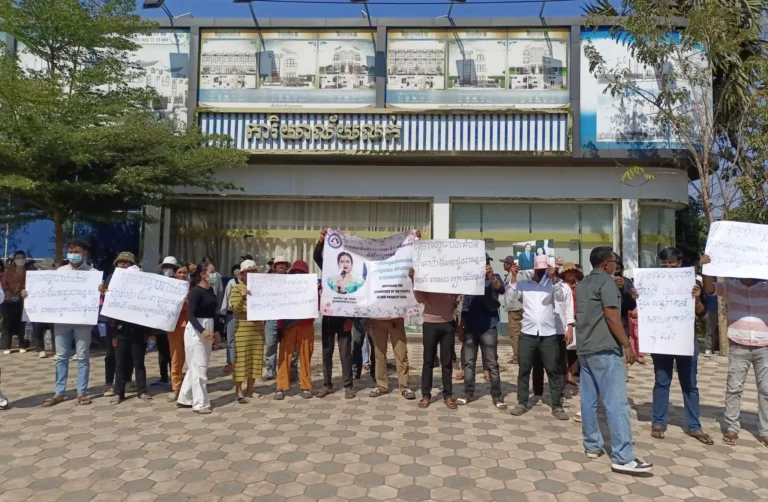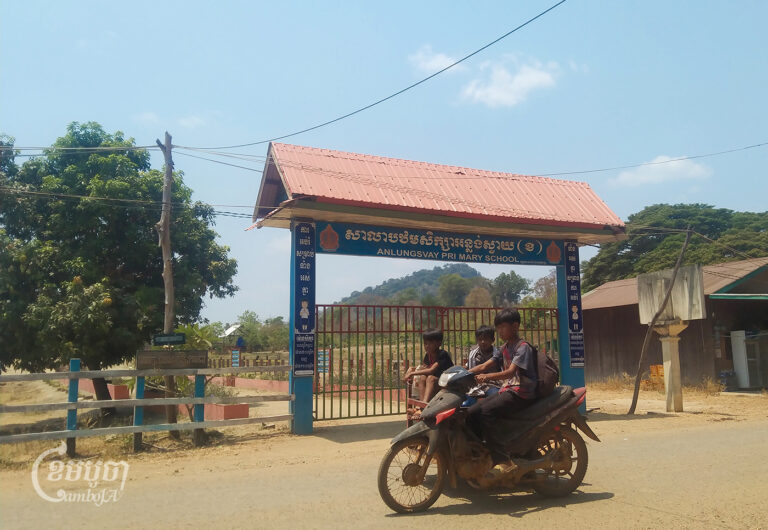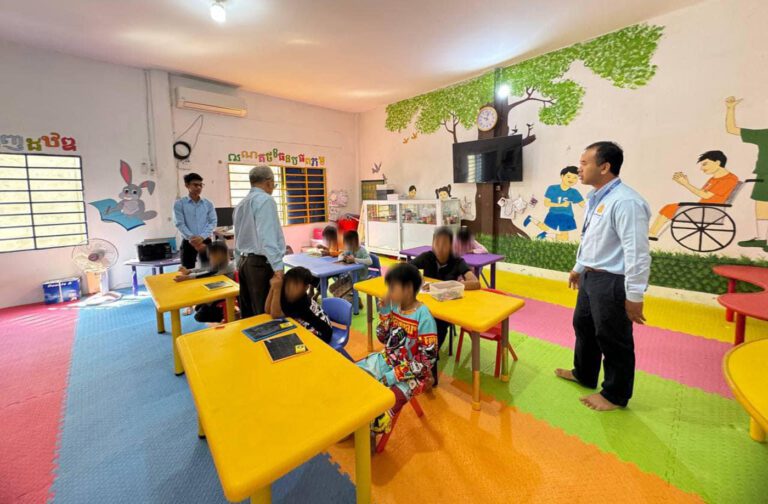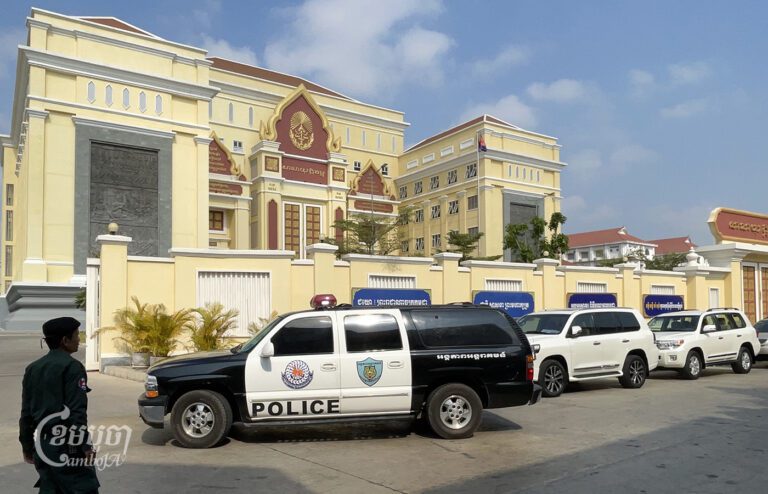Reopening intercountry adoptions will put Cambodian children and their families at risk, a group of NGOs said in a statement Wednesday, urging the Cambodian government to stop the process.
Cambodia suspended intercountry adoption in 2009, following reports of unethical actions connected to adoptions. Multiple other countries also banned intercountry adoption from Cambodia during the 2000s. But in the last couple months, Italy and Cambodia have been taking steps to resume adoptions of Cambodian children.
Cambodian rights groups Cambodian Center for Human Rights, ADHOC and Licadho, along with the international group Intercountry Adoptee Voices, released a joint statement asking Cambodia and Italy to immediately halt any actions leading to the resumption of intercountry adoptions.
A 2018 Licadho report states that thousands of Cambodian children were adopted overseas between the late 1980s and 2009, but many of the children were not orphans. Rather, their parents had placed them in orphanages due to poverty.
“The reopening of intercountry adoptions will only put Cambodian children and families at risk. Adoptions from Cambodia throughout the late 1990s and 2000s were defined by fraud, corruption and coercion,” Licadho outreach director Naly Pilorge said.
Pilorge said these “horrible” human rights violations had devastating consequences. Neither Cambodia nor Italy had acknowledged the pain and suffering they caused by these illegal adoptions and have yet to offer any assistance to those children and families that were torn apart, she said.
“Italy needs to recognise the reality of the situation in Cambodia. New laws will not provide any guarantee of protection against the fraud that was systemic in past adoptions, especially given Cambodia has shown no willingness to hold those responsible for past abuses to account,” she said. “Cambodia must also do more to care for its children here, before even entertaining the possibility of sending them abroad.”
Cambodia’s Ministry of Social Affairs, Veterans and Youth Rehabilitation (MoSAVY) met with a delegation from Italy’s Commission for Intercountry Adoptions in May 2023.
Three Italian adoption agencies have been authorized to operate in Cambodia and three additional agencies are pending authorization, according to Italy’s commission. By the end of the year, up to two children per agency can be matched with Italian families.
The commission also stated it expected to receive a list of children eligible for adoption from the Cambodian government around June 2023. There are currently nine “pending proceedings” for adoptions from Cambodia to Italy, according to the commission’s website.
MoSAVY officials have been invited to Italy in 2024 to follow up on adopted children.
The Italian embassy did not respond to requests for comment sent on Monday.
When reached by phone on Wednesday, Toch Channy, spokesperson for MoSAVY, said he had not yet read the NGO joint statement and therefore could not comment on it.
He said the Cambodian government reopened intercountry adoption because Cambodia has recently drafted a new law that has enough protections to send orphans abroad. Cambodia had previously suspended intercountry adoption because the country had not yet effectively completed or reformed its adoption law, Channy claimed.
“The reopening [of intercountry adoptions] is because we have the law. Before we did not have an intercountry adoption law and some of the laws are not reinforced,” Channy said.
Channy added that this intercountry adoption happens in countries other than Cambodia.
“Every [country] has their own agency, and that agency has to come and negotiate a contract with us in accordance with the law, and there is still a little bit of discussion about the documents under the law,” Channy said.
Channy again said the reopening of intercountry adoptions in Cambodia also included the United States.
However, US Embassy spokesperson Stephanie Arzate said in an email that the US suspended inter-country adoptions from Cambodia in 2001, and that status has not changed.
“The U.S. Embassy will continue its dialogue with the Cambodian government to discuss how to make progress toward resuming intercountry adoptions under the Hague Adoption Convention,” she said. “The U.S. supports Cambodia’s initiatives to strengthen its child welfare system and improve the integrity of its domestic and inter-country adoption processes.
The Cambodian Human Rights Committee spokesperson Katta Orn said the reopening of adoption does not violate children’s rights as Cambodia has strict laws on adoption to ensure the protection of children’s rights. Adoption is a form of humanitarian action, Orn said.
He added that if civil society organizations find irregularities or any evidence of child abuse or trafficking, they should cooperate with national and international authorities to prevent this.
“If we keep talking without any clear evidence, without clear testimony, it will violate the rights of children, because in countries around the world, adoption is to save children,” Katta Orn said.
In response to questions sent to Roueida El Hage, head of the Office of the United Nations High Commissioner for Human Rights (OHCHR), a spokesperson on Tuesday said OHCHR does not have an “explicit mandate” to work for children and said UNICEF is responsible for this task.
UNICEF Cambodia Representative Anirban Chatterjee said in an emailed statement on June 30 that “the existing legal and regulatory framework would address many of the concerns about Cambodian adoption activity,” if properly implemented.
“The challenge is to ensure the effective enforcement of these regulations by the relevant authorities,” Chatterjee said “There are still some progresses to be made within the Cambodia system to fully comply with the Hague Convention. This includes ensuring respect to the principle of subsidiarity and implementing a robust domestic adoption framework.”
Between 1998 and 2011, 3,696 Cambodian children were adopted by foreigners, according to a report on the OHCHR website. Since 2017, six families have contacted Licadho seeking information about 15 children that were allegedly fraudulently adopted from Cambodia in the 2000s.
The World Justice Project’s 2022 Rule of Law Index ranked Cambodia second-to-last in the globe, while Transparency International 2022 Corruption Perceptions Index ranked Cambodia in the bottom quarter of the counties in the world.
Note: This story was updated at 8:12 p.m. on June 28, 2023, to attribute a quote from OHCHR to its spokesperson and not Roueida El Hage.
Note: This story was updated at 5:20 p.m. on June 30, 2023 to include comments received after publication from a US Embassy spokesperson.
Note: This story was updated at 5:21 p.m. on July 13, 2023 to include comments received after publication from UNICEF spokesperson.


